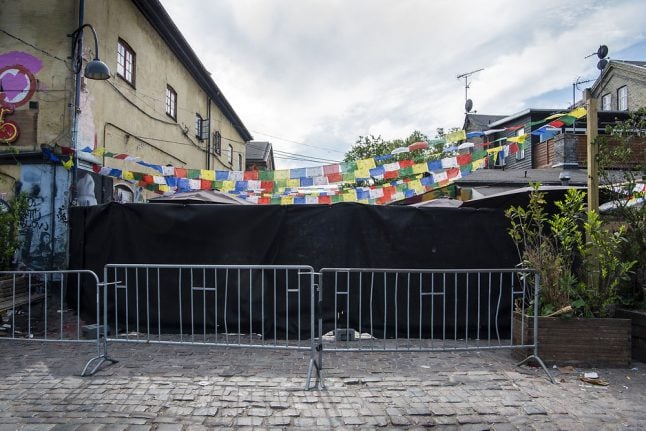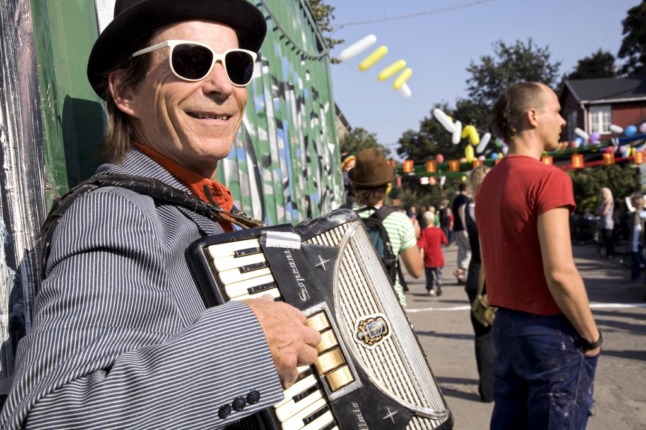A police review has found that over 700 people were arrested and 710 kilograms of cannabis confiscated in the alternative enclave of Christiania in 2018.
That represents a marked increase relative to 2017, when 183 arrests were made and 459 kilograms of cannabis seized.
“This is the result of an intensified effort which we initiated in May last year, whereby we increased our permanent presence on Pusher Street with both patrols and destruction of market stands,” Copenhagen’s chief of police Anne Tønnes said.
Market stands on Pusher Street, from where cannabis is sometimes traded, reappear when police are not present in the area.
But sales of cannabis have fallen to such an extent that organised crime behind the trade is now feeling the pinch, according to Tønnes.
That does not necessarily prevent it from relocating to another part of the city, the police chief continued.
“That is something we are aware of. We are constantly keeping an eye on what is going on in other parts of Copenhagen,” she said.
“The way things look at the moment, we cannot say for certain that other locations for organised cannabis trade have popped up,” she added.
Effects of the police campaign are also having a direct economic impact, according to the figures.
Cash totalling 6.2 million kroner was seized by police in Christiania last year, compared to 1.4 million kroner in 2017.
“The aim of the operations is to gradually normalise the situation there, so that we can give Christiania residents policing services in the same manner as in other parts of Copenhagen,” Tønnes said.
READ ALSO: Police officers return to Christiania after violent scenes



 Please whitelist us to continue reading.
Please whitelist us to continue reading.